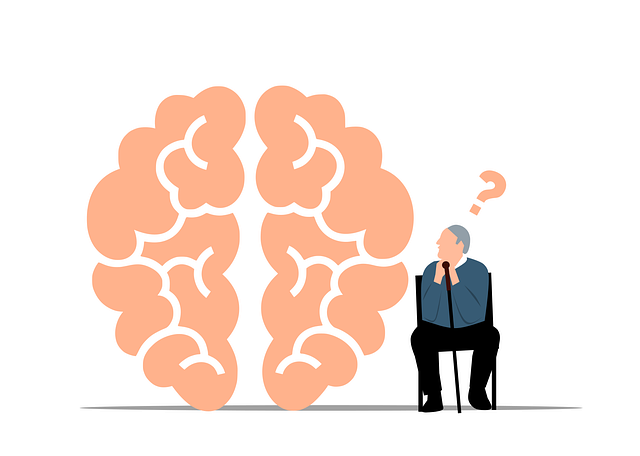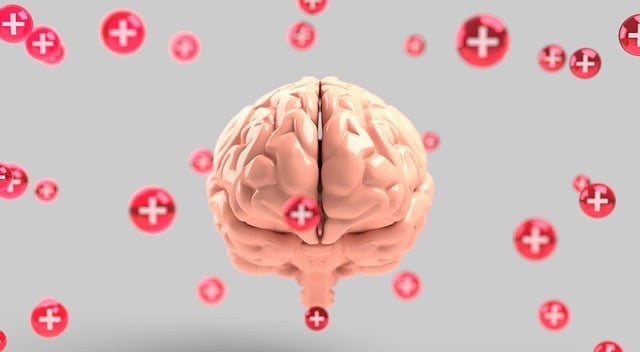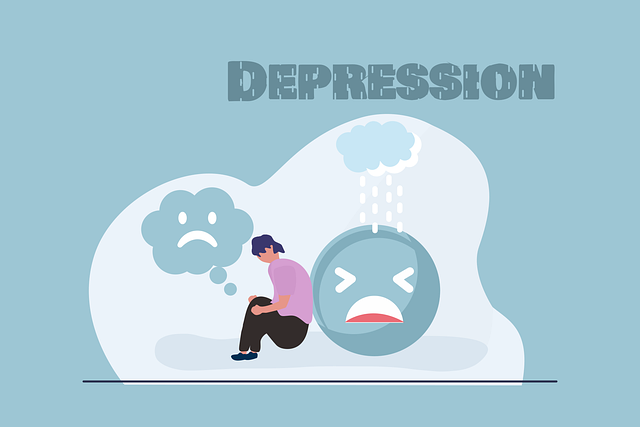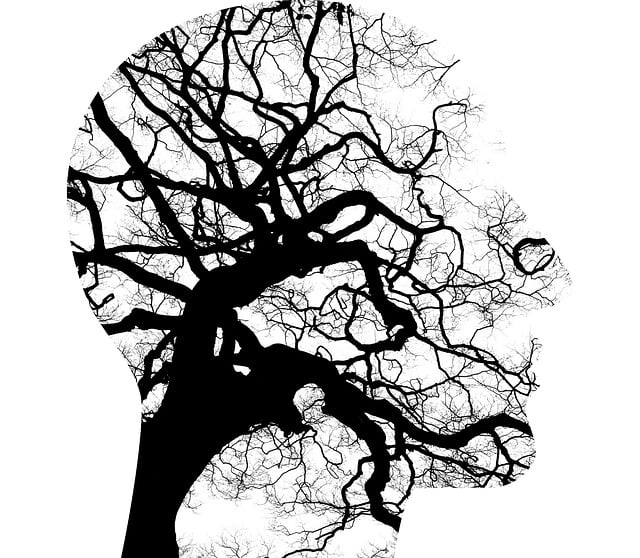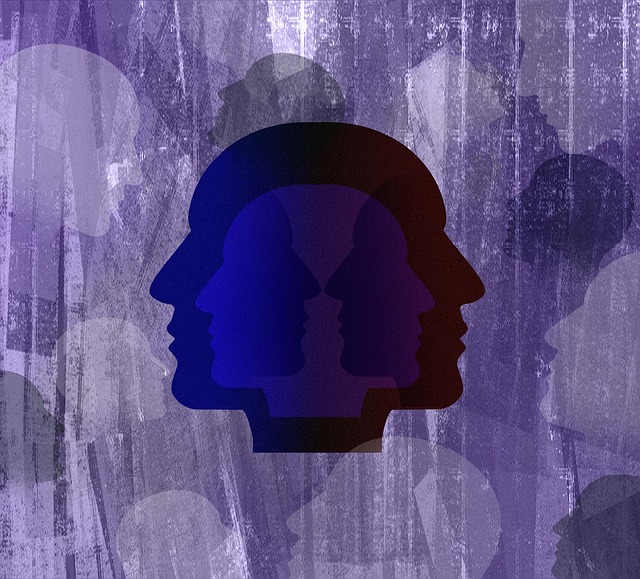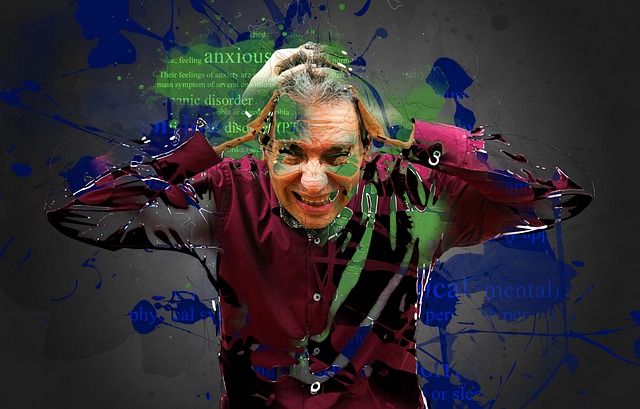Northglenn Adolescent and Teen Therapy (NATT) is dedicated to breaking down mental health stigma through specialized programs, public awareness campaigns, and community engagement. They offer Trauma Support Services, evidence-based therapies, and educational initiatives that empower teens with coping strategies, emotional resilience, and self-care practices. By fostering open dialogue, normalizing conversations about mental illness, and educating communities, NATT creates a supportive network that prioritizes mental well-being alongside physical health for all individuals, especially adolescents.
Mental illness stigma, a pervasive barrier to treatment, demands continuous effort to dispel. This article explores targeted strategies aimed at reducing the societal stigma surrounding mental health challenges, particularly among adolescents. We delve into the impactful work of Northglenn Adolescent and Teen Therapy, highlighting their role in fostering understanding through specialized services. Additionally, we examine educational initiatives breaking down barriers and community engagement efforts advocating for mental health parity. Together, these approaches illustrate a multi-faceted approach to destigmatization.
- Understanding the Stigma Surrounding Mental Illness
- The Role of Northglenn Adolescent and Teen Therapy in Reduction Efforts
- Educational Initiatives to Break Down Barriers
- Community Engagement and Advocacy for Change
Understanding the Stigma Surrounding Mental Illness

The stigma surrounding mental illness is a complex issue that often prevents individuals from seeking help and support. This societal misconception can lead to misunderstanding, discrimination, and even ostracization of those living with conditions like depression, anxiety, or trauma. At Northglenn Adolescent and Teen Therapy, we recognize the profound impact this stigma has on young people’s lives. Many teens struggle in silence, feeling ashamed or afraid to share their battles due to fear of judgment or rejection.
Efforts to reduce this stigma involve education and the promotion of positive thinking. By providing accessible Trauma Support Services and encouraging Self-Care Practices, we can foster an environment where mental health is treated with the same empathy as physical well-being. Through open conversations, community outreach, and sharing personal stories, we aim to dispel myths and create a supportive network that embraces individuals regardless of their mental health status.
The Role of Northglenn Adolescent and Teen Therapy in Reduction Efforts

Northglenn Adolescent and Teen Therapy (NATT) plays a pivotal role in the ongoing efforts to reduce the stigma surrounding mental illness, especially among young people. Through specialized programs tailored for adolescents, NATT addresses the unique challenges faced by this demographic in an environment that fosters trust and understanding. Their approach combines evidence-based therapies with a focus on building emotional resilience, enabling teens to develop effective coping strategies and improve their overall well-being.
The center’s active involvement in public awareness campaigns contributes significantly to shaping a more supportive societal attitude towards mental health. By educating both young individuals and their communities about the realities of mental illness, NATT facilitates open conversations that dispel myths and promote empathy. Additionally, they emphasize the importance of early intervention and empower teens with the skills needed for mood management, ensuring a brighter future where they can thrive without the burden of stigma.
Educational Initiatives to Break Down Barriers

Educational initiatives play a pivotal role in breaking down barriers surrounding mental illness stigma, especially among adolescents and teens. Programs like those offered by Northglenn Adolescent and Teen Therapy focus on raising awareness through interactive workshops and self-awareness exercises. These sessions not only educate but also empower young individuals to recognize and express their emotions healthily. By integrating topics such as risk assessment for mental health professionals into the curriculum, these initiatives ensure that adolescents understand when and how to seek help without fear of judgment.
Furthermore, self-esteem improvement activities are integral to these educational efforts. Building resilience and positive self-perception can significantly impact a teenager’s willingness to discuss their mental health challenges openly. Encouraging open dialogue about mental illness normalizes it, fostering an environment where seeking therapy is seen as a proactive step towards well-being rather than a sign of weakness.
Community Engagement and Advocacy for Change

In reducing the stigma surrounding mental illness, community engagement plays a pivotal role. Northglenn Adolescent and Teen Therapy has been at the forefront of this initiative, fostering open dialogues and promoting understanding through various outreach programs. By involving community leaders, educators, and local businesses, these efforts aim to break down barriers and encourage early intervention. Workshops focused on emotional intelligence development are organized to equip individuals with tools to recognize and support peers struggling with mental health challenges. Such proactive measures significantly contribute to creating a more accepting environment.
Public awareness campaigns, another strategic tool, are instrumental in educating the community about various aspects of mental health. These campaigns highlight effective stress reduction methods, dispelling myths, and presenting realistic perspectives on mental illness. Northglenn Adolescent and Teen Therapy actively collaborates with local media and community centers to ensure that these messages reach a diverse audience, fostering an environment where individuals feel empowered to seek help without fear of judgment or discrimination.
Mental illness stigma reduction is a multifaceted effort that requires understanding, education, and community engagement. As highlighted by Northglenn Adolescent and Teen Therapy, therapeutic initiatives play a crucial role in fostering empathy and breaking down barriers. Educational programs further empower individuals to challenge stereotypes, while community advocacy drives systemic change. By combining these strategies, we can create a more inclusive society where mental health is treated with the same compassion as physical health, ensuring support for all those facing mental illness.
